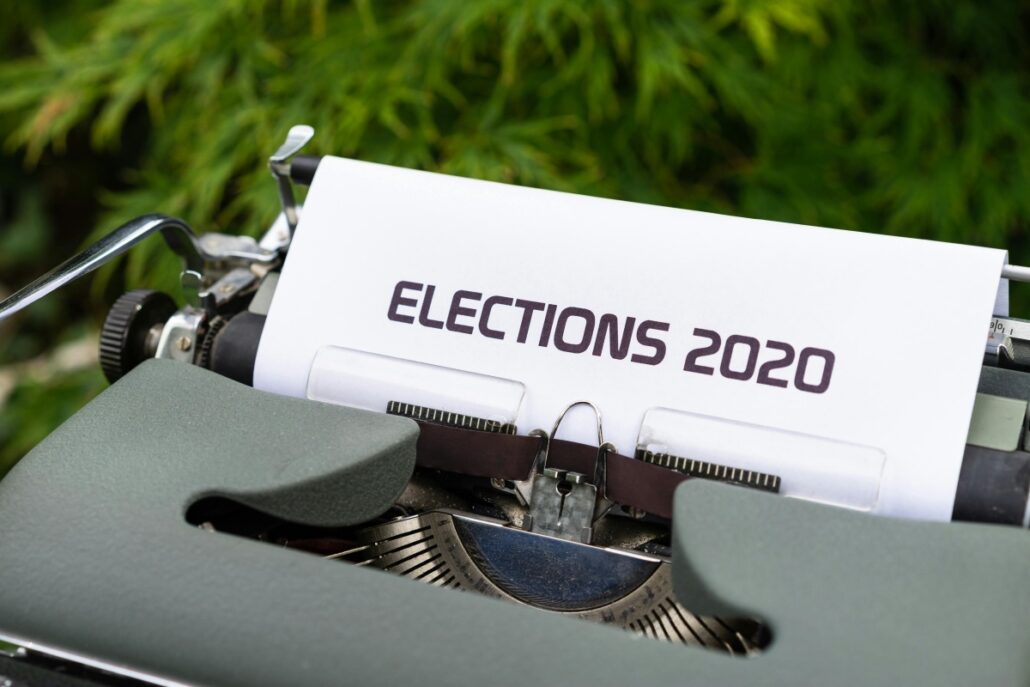The Key takeaways of the VP Debate
By TMO STAFF
The Vice Presidential debate between State Senator JD Vance and Governor Tim Walz felt like a throwback to a time when political discourse had a little more substance and a lot less drama. In a political climate that’s often toxic, this was a rare sight: a debate where the candidates respected each other enough to keep things mostly about policy rather than personal jabs.
Both Vance and Walz were on their best behavior, saving their heaviest punches for the folks at the top of their tickets. Vance zeroed in on Harris’s performance on border security, while Walz didn’t hold back on calling out Trump’s stance on abortion rights. Unlike Trump, Vance managed to stay calm and composed, pronouncing Harris’s name correctly and using his opponent’s title out of respect. No whining about the moderators here—Trump covered that angle on Truth Social while Vance stayed focused.
Walz painted Trump as a truth-denier, a guy who shuns facts and avoids expert opinions whenever it’s convenient. His aim? To show Trump as the kind of leader who bends reality to fit his narrative.
The debate leaned heavily on domestic issues. Sure, there was a nod to the Israel-Iran conflict right out of the gate, but the moderators steered clear of discussing the U.S.’s involvement in the Ukraine war. A missed opportunity? Maybe, but it kept the spotlight on home turf.
What really made this debate stand out was the ending—simple, but almost revolutionary these days. A handshake, a few words away from the mics, and a genuine moment of civility as their partners joined them on stage. It was the kind of thing you haven’t seen in a decade of debates, and it was refreshing, to say the least.
The biggest clash came when Walz put Vance on the spot about January 6th and Trump’s denial of the 2020 election results. Walz’s question—“Did he lose the 2020 election?”—was a clear attempt to force Vance into admitting a reality that Trump won’t. But Vance danced around it, saying he was focused on the future. Walz jumped on this, calling it “a damning nonanswer,” a quick jab that highlighted the Ohio senator’s reluctance to break with Trump.
Vance tried to shift the topic to social media and Democratic complaints about the 2016 election, but Walz wasn’t having it. He pointed out the difference between complaining about Facebook ads and inciting an insurrection. “January 6 was not Facebook ads,” he snapped back, hammering home the gravity of the Capitol attack.
Despite the sharp moments, there was a distinctly Midwestern politeness that ran through the entire debate. The two navigated topics like gun violence and the housing crisis with a tone of mutual respect. They agreed on the problems but disagreed on how to solve them, showing that it’s still possible to argue without resorting to name-calling.
On gun violence, for instance, both acknowledged that the situation is getting worse, especially in schools. Vance tried to link the issue to immigration, suggesting that Harris’s role as “border czar” contributed to the problem. Walz shot back, keeping the focus on the weapons themselves and emphasizing that mental health issues shouldn’t be stigmatized. It was a back-and-forth that didn’t resolve the issue, but at least it didn’t devolve into theatrics.
The immigration debate got heated too. Vance criticized Harris for what he called Biden’s “open border” policy, while Walz argued that Trump blocked real solutions to keep the immigration issue alive for his campaign. They both dug in, each trying to pin the blame on the other side, but the exchange was more about the policies than the personalities.
In the end, this debate may not shake up the race, but it offered a glimpse of what political dialogue could be—tough but respectful, pointed but civil. With only five weeks left until Election Day, it gave Vance and Walz one last chance to make their pitch to voters. It didn’t reinvent the wheel, but it was a reminder that politics doesn’t always have to be a blood sport. And that’s saying something in 2024.





















2024
1,374 views
views
0
comments